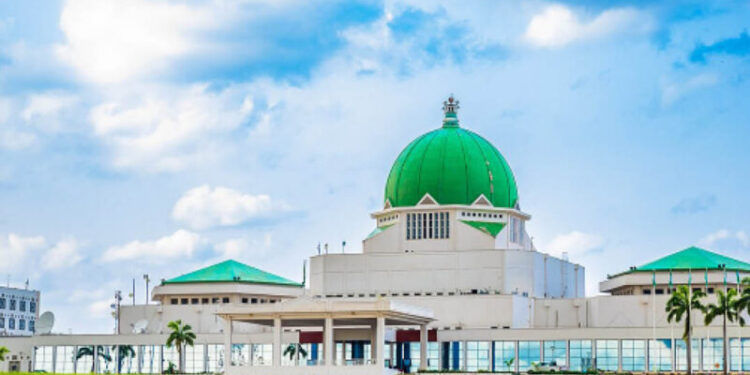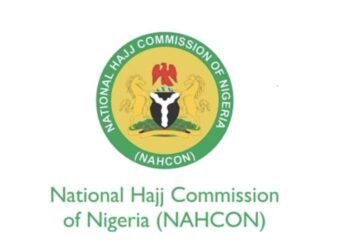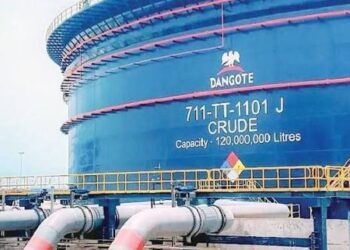National Assembly Joint Committee on Livestock Development has described as inadequate, the N11.8 billion budgetary estimate for the take-off of the newly established Federal Ministry of Livestock Development.
The News Agency of Nigeria (NAN) reports that the ministry had been allocated an envelope of N10 billion for capital expenditure and N1.8 billion for overhead in the 2025 budget proposal.
Rep. Wale Raji, the House of Representatives Committee Chairman on Livestock Development said the amount earmarked for take-off of the ministry was inadequate.
“There will be need for you to make special presentation on this or necessary come-up with supplementary budget that will reflect the hope of Nigerians.
“The budget is abysmally low to respond to the yearnings of Nigerians,” he said.
Also, Chairman of the Senate Committee on Livestock, Sen. Musa Mustapha said the committee would do its best to help the ministry achieve its mandate.
While describing the meeting as a foundation laying, Mustapha observed that the ministry must brace up to give progress report on challenges raised for the joint committee to make necessary intervention.
Earlier, Minister of Livestock Development, Mr Idi Maiha said the ministry began operations with necessary structures in the formative departments from Ministry of Agriculture and Food Security.
He said the ministry was yet to have an office accommodations, it also lacked facilities and operational equipment to run as a full fledged ministry.
According to him, the ministry is currently being accommodated by the office of the Secretary to the Government of the Federation (SGF).
Maiha said the ministry had initiated conversation with the Minister of the Federal Capital Territory to secure an adequate office accommodation.
According to him, though, the budget might be small it will provide a roadmap for the ministry to take-off effectively.
He said within the budgetary envelope, capital projects would be shared across geopolitical zones according to specific needs, adding that the projects would attract local and foreign investments.
He added that the ministry would engage in massive well coordinated sensitisation campaign across national and local media to project the ministry.
NAN reports that the committee, thereafter, asked the minister to harmonise adequate financial needs and re-present it in form of supplementary budget, while promising prompt approval. (NAN)











